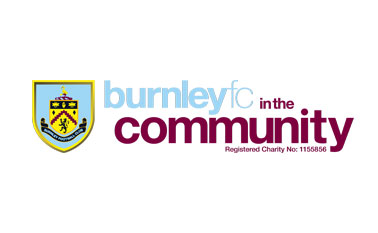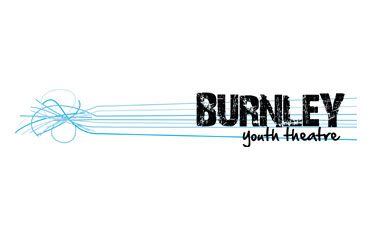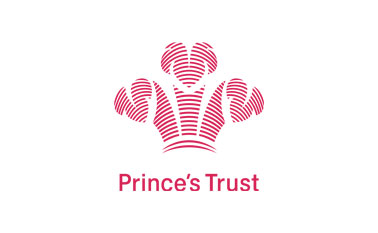Reading Strategy at Coal Clough Academy
‘Reading is a bridge from misery to hope.’ – Kofi Annan
At Coal Clough Academy, our approach to reading is to meet our pupils where they are and to help them to reach for two goals:
-
Functional literacy and,
-
A love of reading.
Many of our students have had negative experiences around reading and others have barriers to success, both diagnosed and undiagnosed. Our primary mission is to find the barriers, remove them, and then help our pupils to grow as readers. To this end, we test all students on entry using the New Group Reading Test from GL Assessment.
Students who are identified as being significantly behind their peers are then further tested to determine whether their barrier is with fluency,
comprehension, gaps in phonics learning, speed, or any undiagnosed additional need. We can then tailor interventions to the child’s specific needs, and students’ names go on a Reading Risk Register, which every member of staff has. Students are then re-tested termly, so that we are keenly aware of the progress they are making and can act on the data rapidly.
subject. Students are taught vocabulary that supports them in understanding what they read. We support these efforts in lessons by using form-time for non-fiction reading as a class. During these activities students: learn about the wider world; learn additional vocabulary; have their comprehension supported using oracy approaches and reciprocal reading roles; make text-to-self, text-to-text and text-to- world connections by discussing how the articles related to British values, SMSC and PSHE.









